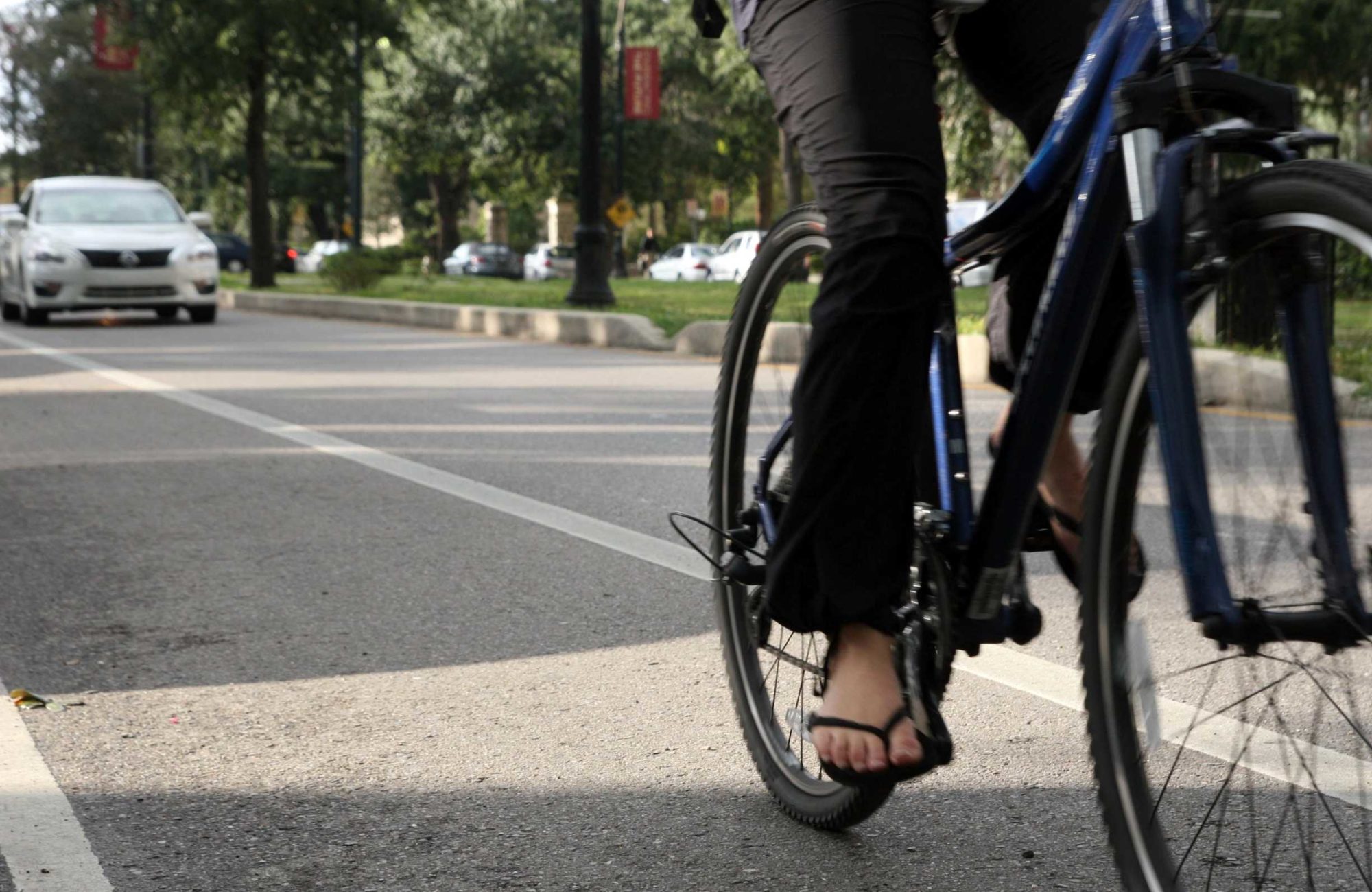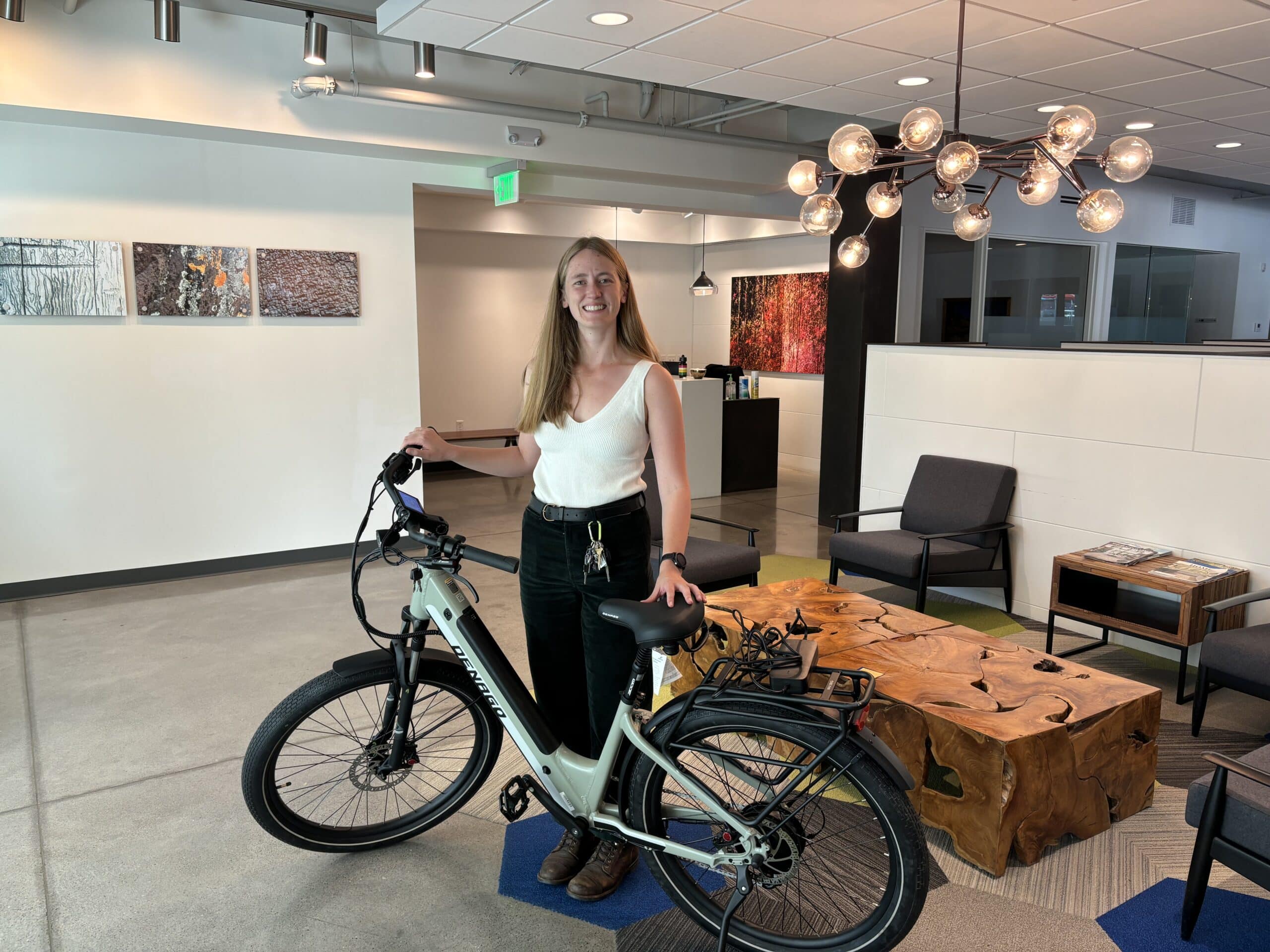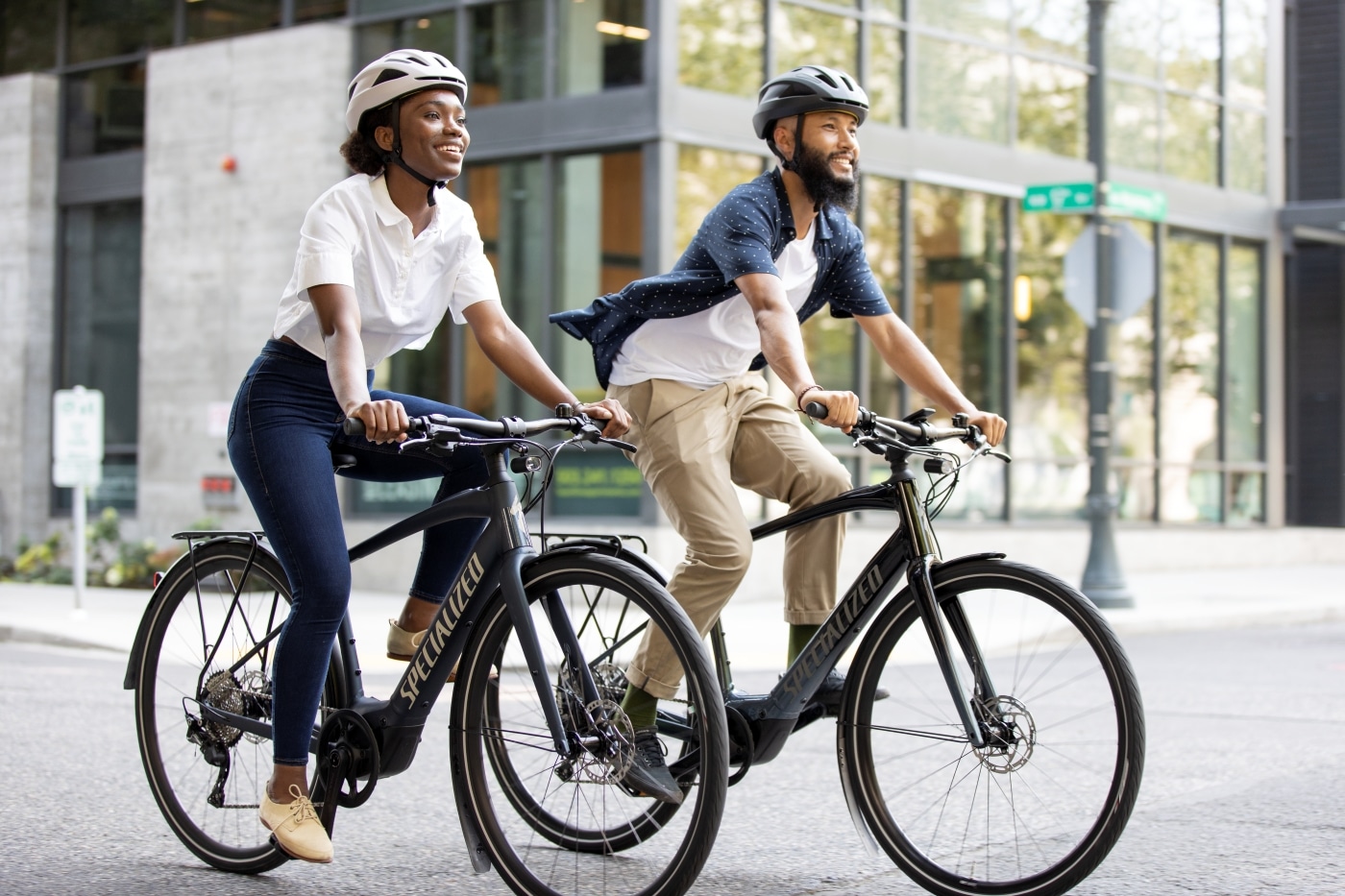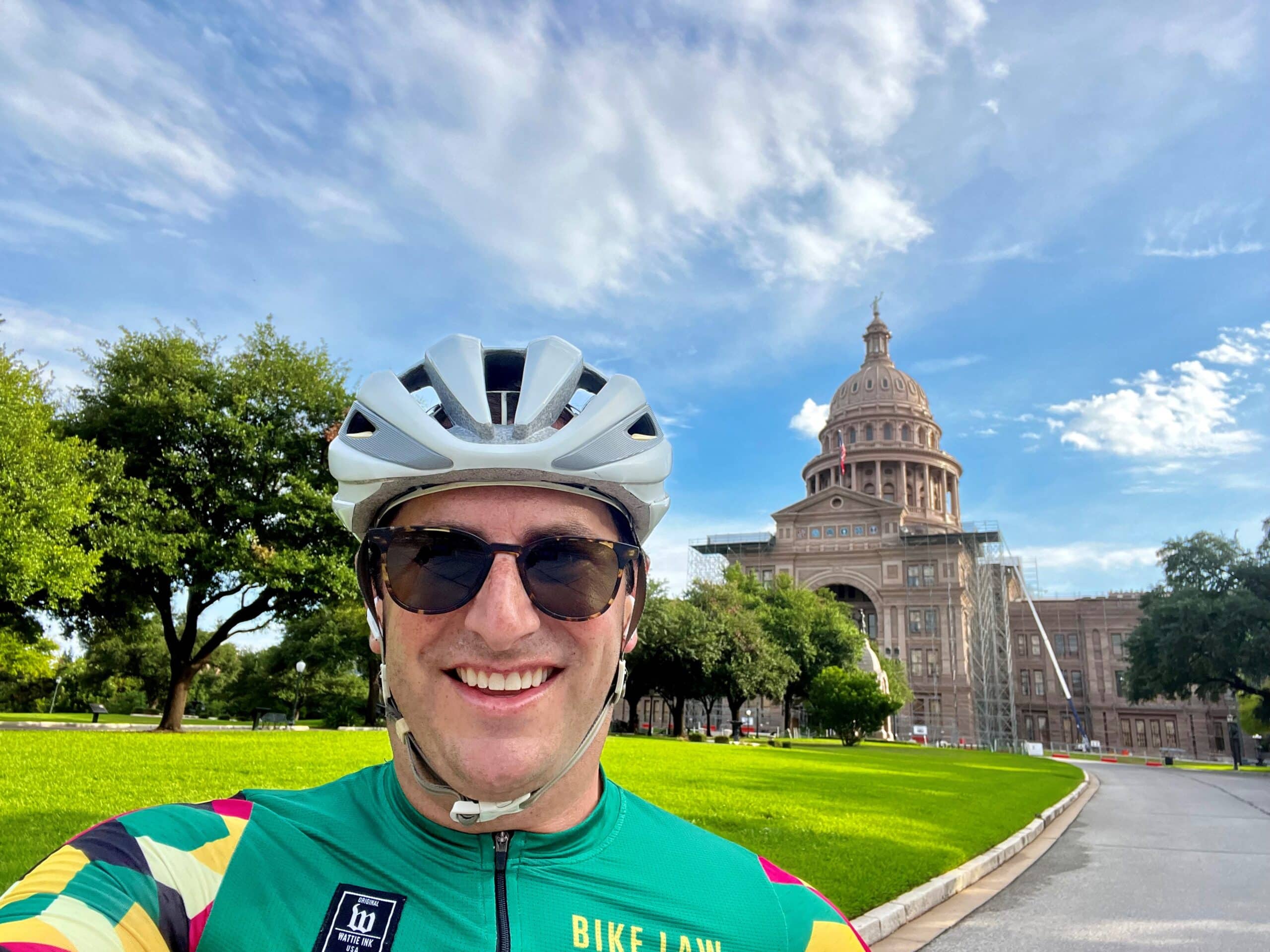Imagine waking up in a nightmare scenario - you’ve been hit by a car, treated at an emergency room, and are being discharged to find that you have no information about the driver that injured you. Worse, you learn that the responding police officers failed to write a report. Now, you are faced with medical bills, a damaged bike, and lots of pain, without any path to recovery.
Recently, Elyse Bejasa rode down the bike lane on St. Charles Avenue in New Orleans. Near the intersection with State Street, the driver’s door of a parked car opened suddenly into her path. Without any time to react, Elyse crashed into the door and was thrown over her handlebars. She landed violently – jaw-first – onto the pavement.
After EMS responded to provide medical care, officers from the New Orleans Police Department also responded to investigate the crash.
What happened next made this wreck become blog-worthy as a cautionary tale. As Elyse was loaded into the ambulance and headed to an emergency room, the responding police officer spoke with the driver who caused the crash. The driver told the officer that she and the bicyclist would plan to handle the crash “civilly” and that a police report was unnecessary. The driver was then allowed to leave the scene. Simultaneously, the officer did not speak with Elyse about this non-reporting issue and ultimately departed the scene without making a written record of the crash.
In doing so, the police officer violated state law by not preparing a report with an injury. Under the law of many states, including Louisiana, a responding police officer must investigate crashes that involve injury to any person or property damage in excess of five hundred dollars shall. La. Stat. Ann. § 32:398. Furthermore, any investigating police officer shall instruct the driver of each vehicle involved in the crash to give the other people involved their (i) name and contact info; (ii) license number; and (iii) insurance information. Upon completing the investigation, the investigating officer must then forward a copy of any such report to the State Department of Public Safety.
Crash reporting is important for several reasons
According to Tara Tolford, who studies crash data at the UNO Transportation Institute, this information is vital for improving roadway injuries:
“Crash report data is one of the most valuable tools planners and engineers use to identify safety issues, investigate patterns, and advocate for infrastructure investment.”
Increasingly, we need objective, quantitative data to convince decision-makers that a change is needed, to apply for funding, and to evaluate whether a project was successful–anecdotes and ‘gut feelings’ aren’t enough. The more complete, detailed, and accurate the crash data is, the better. Even if an individual incident is relatively minor, it may be part of a trend of similar incidents that reflect a deficiency in the built environment that we can correct before a more serious crash occurs.
Yet in addition to this industry best practice, remember that crash reporting is so important that state law requires it.
What did we do to help?
Unfortunately, responding police officers don’t always adhere to this requirement. For Elyse, we got down to business before too much evidence went stale. We first contacted the District for the New Orleans Police Department where the crash occurred. After expressing our concerns about spoiled evidence to the commanding officer, we were able to identify which police officer responded to the crash scene. We next tracked down that officer, who confirmed that she had not prepared a report for our crash. We raised our concerns about Elyse’s inability to recover without the information of the adverse driver, as well as that the failure to prepare a report violated state law.
The officer, who was not acquainted with this legal requirement, read the law and ultimately changed her mind. She apologized for not initially preparing a report and was able to retrieve her body camera footage that captured the identity of the adverse driver. Fortunately, this information was still available. The officer prepared a report and cited the adverse driver for failing to exercise reasonable vigilance, which helped us to recover the insurance policy limits to compensate Elyse for her losses. Nevertheless, a different series of events could have resulted in the inability to identify this driver and Elyse not having any recovery.
Let this occurrence serve as a caution to riders finding themselves in this situation to insist that a report is prepared, both for their own circumstances as well as for the larger importance of crash data reporting.
Educating Local Law Enforcement
In cities and states across the country, we are working with law enforcement officers to update training and outreach. Police need to be aware of the laws that are intended to protect cyclists and enforce them. If you or someone you know is in a bicycle crash, make sure there is a proper report. A crash report that avoids victim blaming and provides all parties, and local planners, with the information they need.
Photo Credit: The Maroon

Charlie is a bicycle accident lawyer in Louisiana, Texas, and Mississippi and a member of the Bike Law Network.
Having served as the president of the Texas A&M Cycling Team, where he led the team in appearances in the U.S. Collegiate National Championships, Charlie has spent thousands of hours riding his bicycle in Texas.








